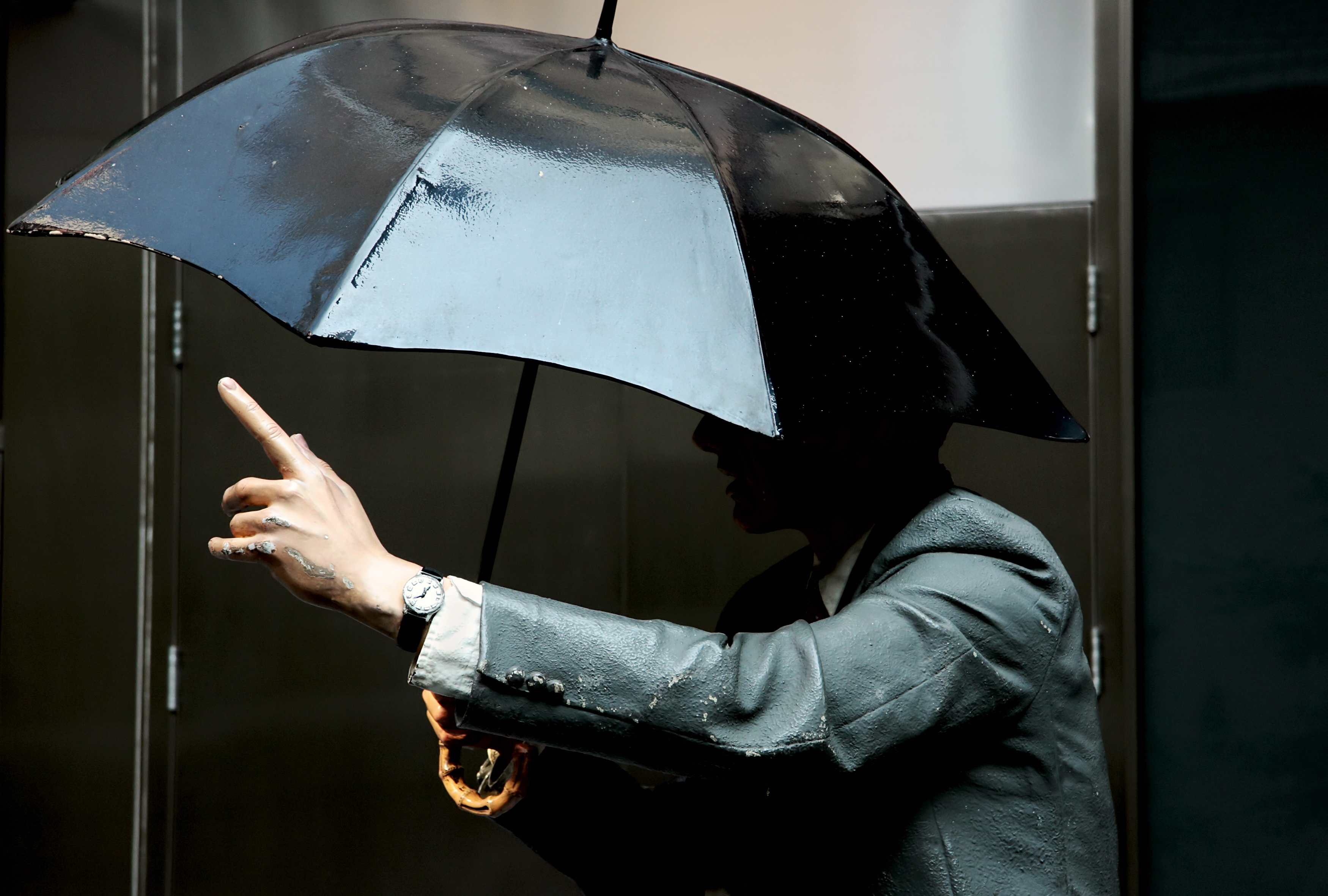
27 Feb Should I pay off my mortgage?
Photo: clarita/morguefile.comQ. A question that we have and have asked a few people is this: Should we or should we not pay off our mortgage? We just finished paying college tuition for our youngest child, no loans. Our unpaid principal balance on the mortgage is $22,990.19. The interest rate is 5.12 percent. We have no other loans, mortgages, credit card balances or any debts. We own both of our cars which are both 10 years old and are running in pretty good shape. We can definitely pay off our mortgage with the money we have saved without dipping into any 401(k)s or mutual funds. The money would come from a “rainy day” fund that does not get any interest. We are both in our 50s one of us works full-time (would like to retire in a few years), the other part-time.
A. The mortgage payoff question is especially important to people who are getting ready for retirement.
You need to consider not just the financial aspect, but the emotional aspect, too.
On the emotional side, some people don’t like having any debt, especially going into retirement, said Gerard Papetti, a certified financial planner and certified public accountant with U.S. Financial Services in Fairfield.
The money part is a little more complicated.
You need to consider the after-tax cost of the interest you are paying, Papetti said.
“Based upon your rate of 5.12 percent and assuming a 25 percent federal effective tax rate, the after-tax cost of the interest being charged is 3.84 percent,” he said. “Note that only the federal tax rate is used as New Jersey does not allow for deductibility of mortgage interest.”
Papetti said you have to compare that to the after-tax rate of return you could earn on the money that would have been used to pay off the mortgage. Given that you want to use money from your “rainy day” fund — which does not earn any interest — it makes economic sense to use these funds to pay off the mortgage, he said.
Here’s another way to look at the question.
While your mortgage interest rate is higher than current fixed mortgage rates, it is not unreasonably high, said Jim McCarthy, a certified financial planner with Directional Wealth Management in Rockaway.
“Given the unpaid balance on your mortgage relative to the original principal amount, approximately 85-plus percent of your current monthly payment is now going to principal,” he said. “Paying off the mortgage now will save you approximately $1,200 in interest if you have a 15-year mortgage or $1,900 if you have a 30-year mortgage.”
You didn’t say how much is in your “rainy day” fund. While no one likes earning nothing in interest, McCarthy said it’s critical to you keep at least six months of expenses in a liquid account for emergencies.
“If paying off the mortgage now from your ‘rainy day’ fund drops it below that threshold, then I would recommend you do not pay off the mortgage at this time,” McCarthy said.
It sounds like you are savers, but you don’t indicate how much you have saved towards your retirement, McCarthy said. If you are saving to 401(k) plans and IRAs, and you have extra cash flow each month, you could consider making an additional payment towards mortgage principal every month.
But if you’re not saving for retirement, McCarthy said, increasing your contributions could yield immediate tax savings on these dollars equal to your tax bracket, which is probably higher than the 5.12 percent mortgage interest rate.
Email your questions to Ask@NJMoneyHelp.com.
This story was first posted in February 2015.
NJMoneyHelp.com presents certain general financial planning principles and advice, but should never be viewed as a substitute for obtaining advice from a personal professional advisor who understands your unique individual circumstances.
